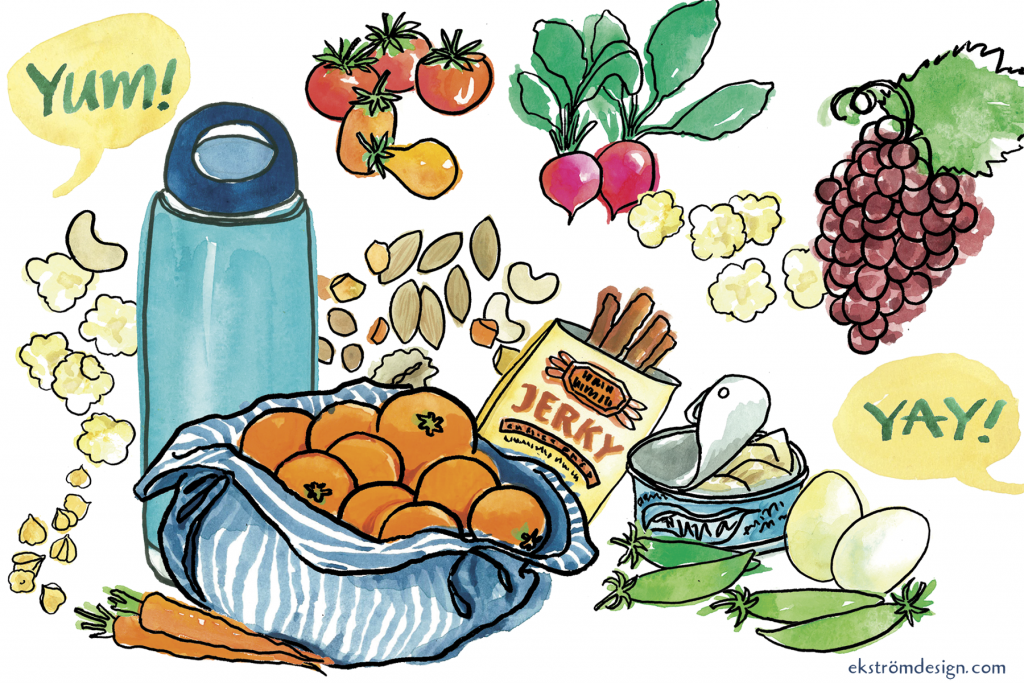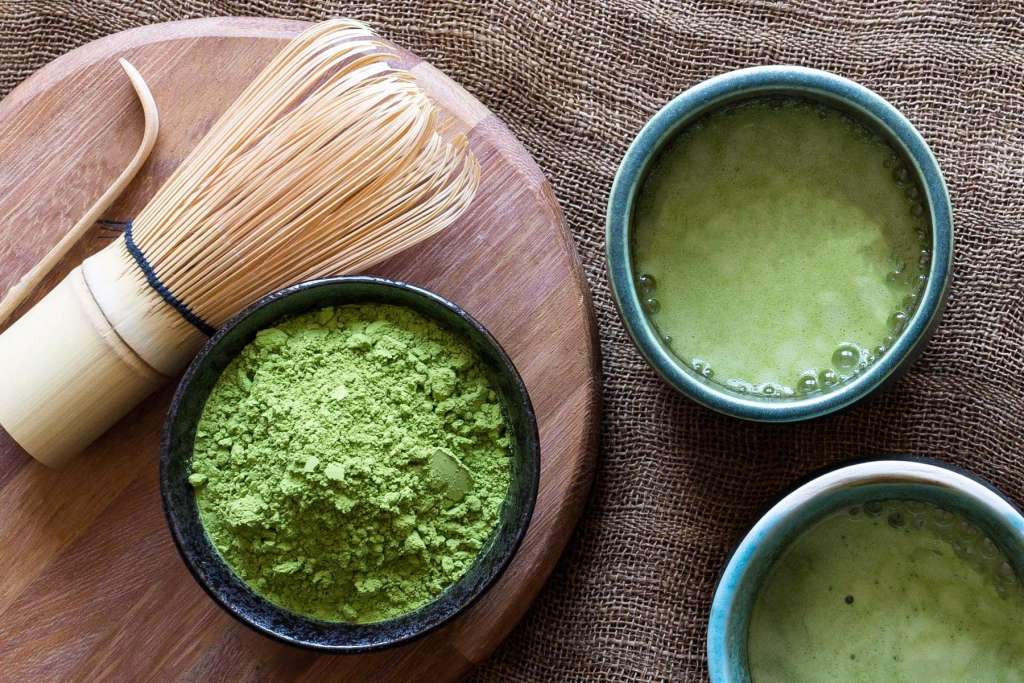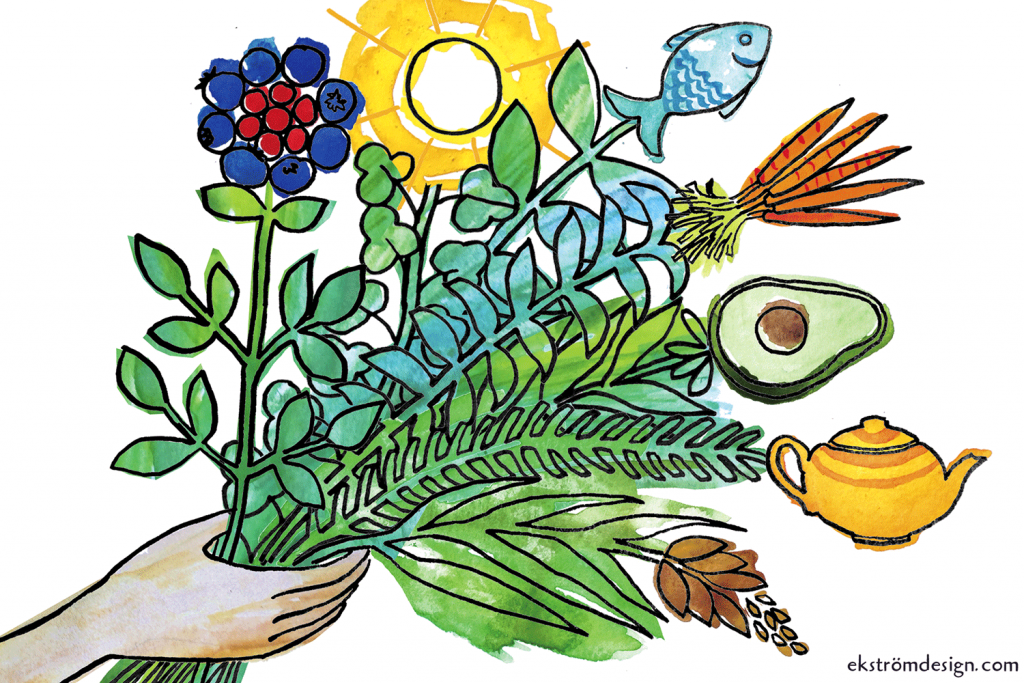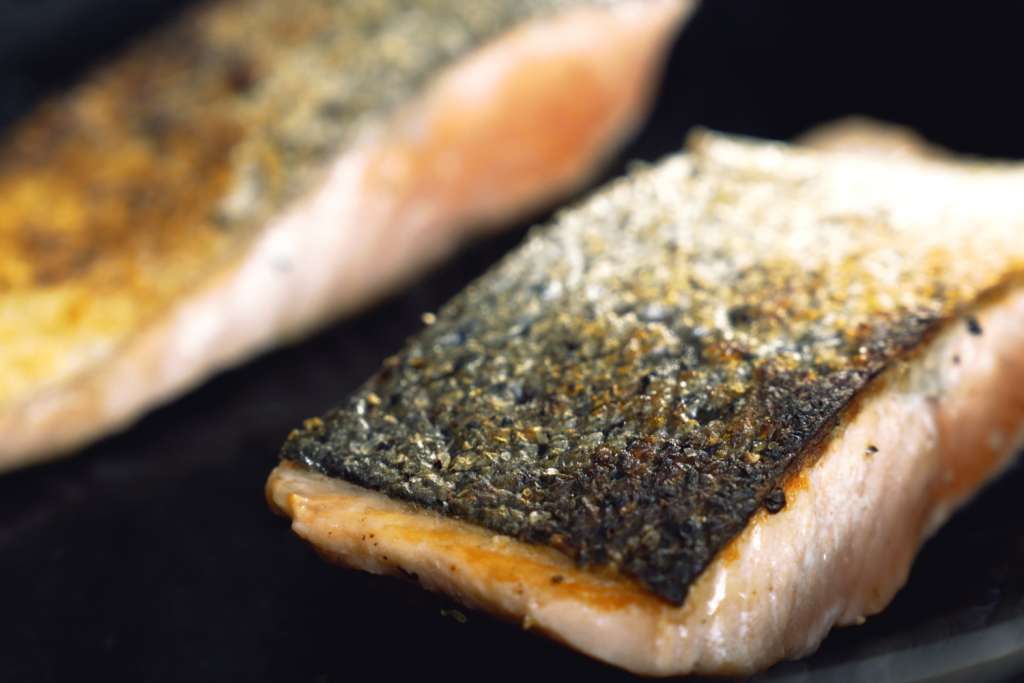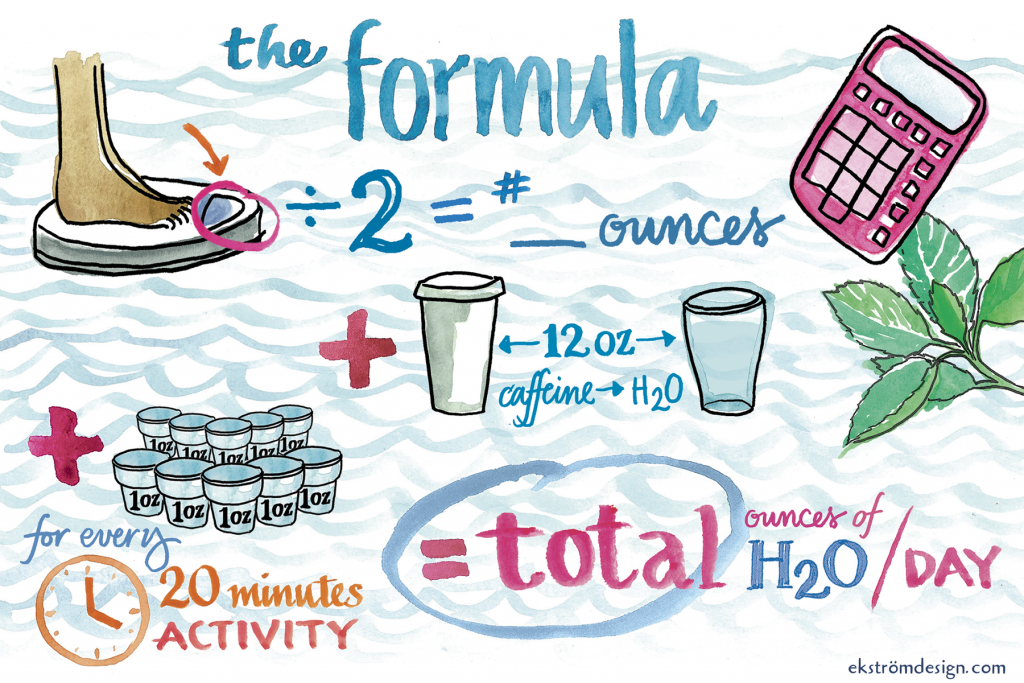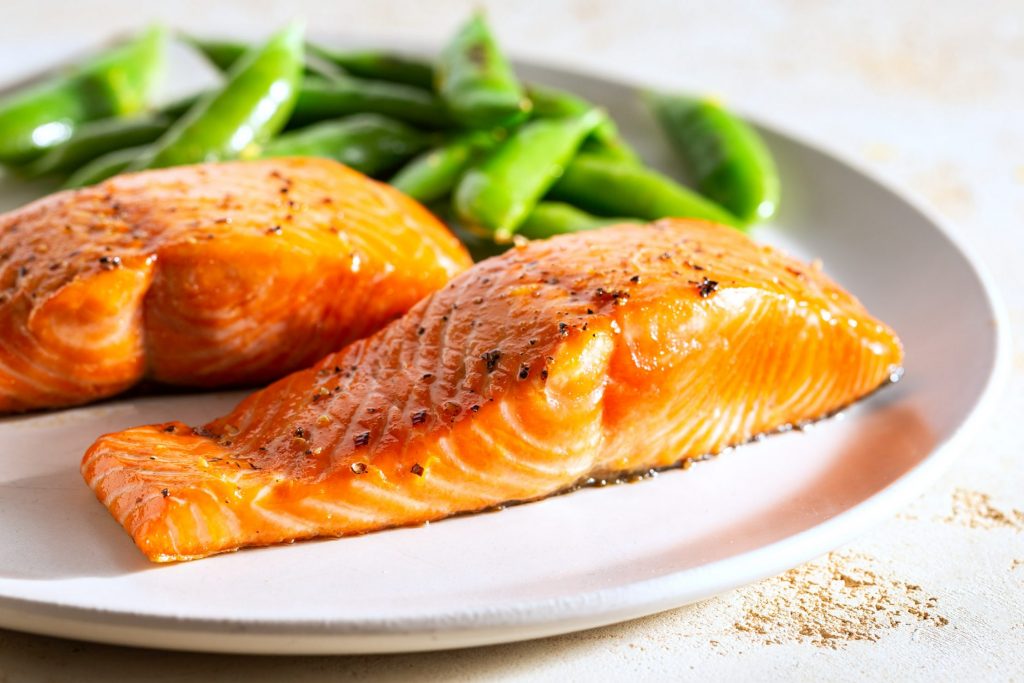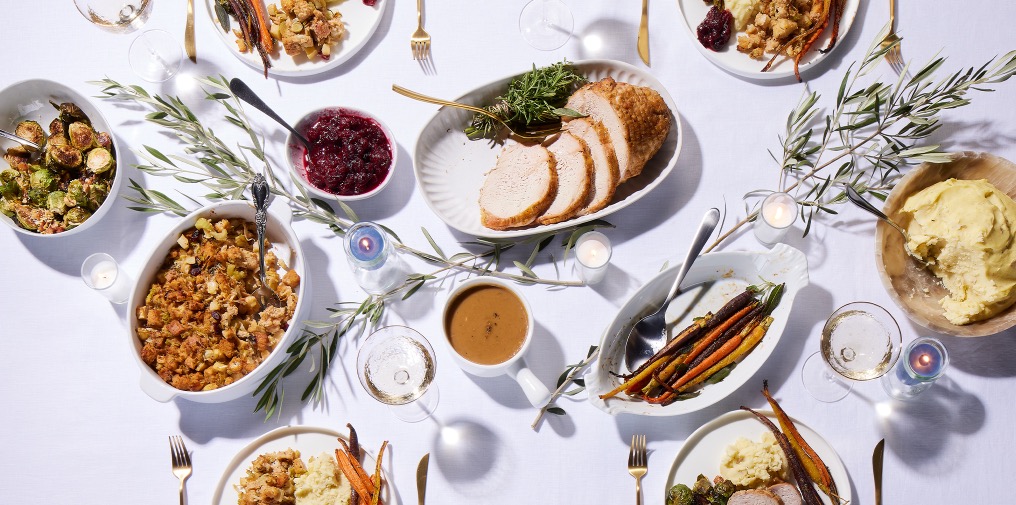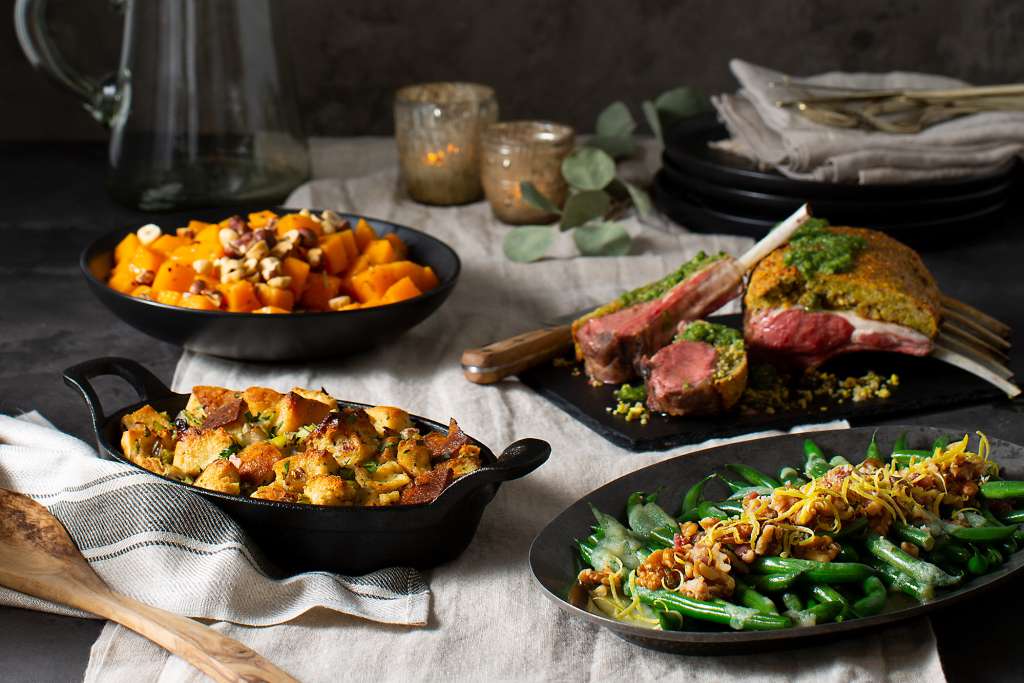Top 10 Nutrient-Dense Foods
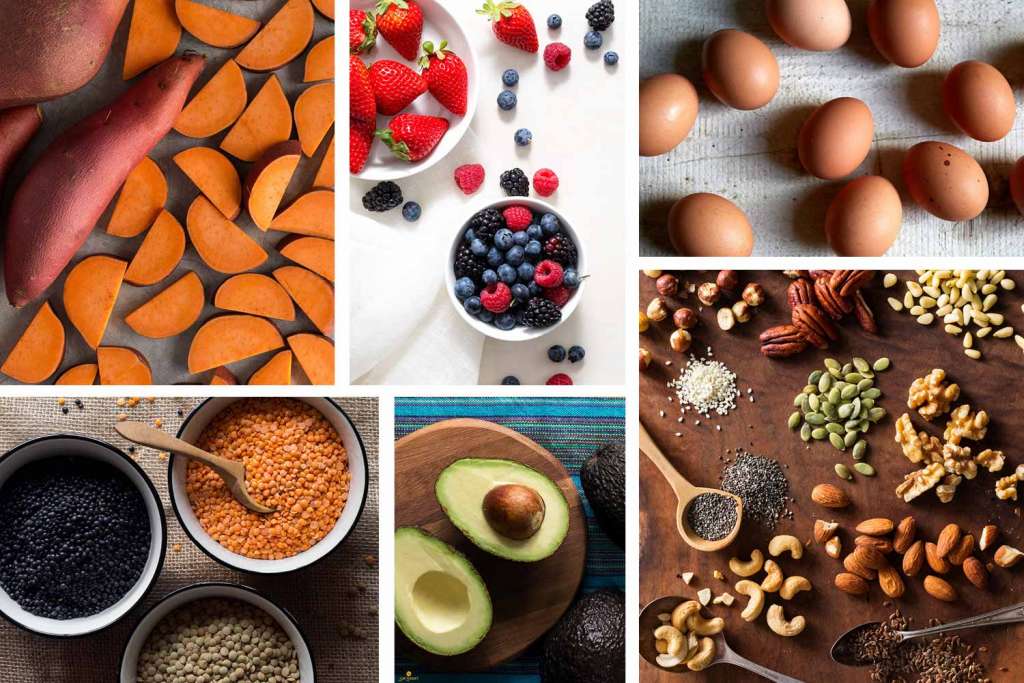
In the Sun Basket test kitchen, our chefs are always looking for delicious, healthy foods to build our meals on. Happily, such ingredients are in plentiful supply. Here, our team of dietitians shartheirer list of the top 10 nutrient-dense foods.
Avocados
Rich in heart-healthy monounsaturated fat, avocados also contain protein, potassium, magnesium, folic acid, B vitamins, vitamin E, and vitamin K. Those same good fats help your body absorb all those vitamins.
Beans and Lentils
These protein-packed additions are a staple in many of our vegetarian meals. They’re high in fiber and rich in zinc, which is crucial for a healthy immune system. Research has found that, in addition to providing heart-health benefits, beans can reduce the risk of breast cancer, and they may help improve blood glucose and insulin levels in diabetics.
Berries
Rich in vitamin C and fiber and a good source of folate and potassium, berries get their superpowers from their phytochemicals, specifically anthocyanins, the pigments responsible for their intense colors. Those anthocyanins are powerful antioxidants that fight cell damage and may reduce the risk of cancer and heart disease. Blueberries, in particular, have been shown to improve memory and brain function in lab animals.
Brassicas
Cabbage and its many cousins, including broccoli, Brussels sprouts, and cauliflower are loaded with vitamin C and fiber and rich in cancer-fighting phytochemicals. Although more research is needed, these cruciferous vegetables have been linked to lower incidences of colon, lung, and breast cancers and have been found to help heal stomach ulcers.
Eggs
This high-quality protein provides amino acids tryptophan and selenium, and are hard to come by a source of natural vitamin D. Eggs also contain lutein and zeaxanthin, antioxidants that are believed to reduce the risk of developing cataracts and slow the progression of age-related macular degeneration, a disease that develops with age. Research has suggested eggs may help prevent cataracts and macular degeneration.
Greens
Dark leafy greens like kale, Swiss chard, and arugula pack a plate full of antioxidants, like vitamin C and K, folate, potassium, and fiber—with not many calories. Like eggs, they supply lutein, which contributes to good vision and may help protect your eyes from cataracts and macular degeneration.
Nuts and Seeds
Tiny-but-mighty, nuts and seeds are a good source of vegetable protein and provide good fats that can promote nutrient absorption. Not just for crunch, they’re also known to lower the risk of heart disease.
Oats
Rich in healthy amounts of E and B vitamins, calcium, magnesium, and potassium. Studies have found oatmeal to lower cholesterol, improve blood pressure, reduce the risk of diabetes, and help in weight management.
Salmon
Protein-rich salmon is one of the best sources of omega-3, a fatty acid necessary for proper brain functioning and a healthy cardiovascular system. Pro tip: Don’t toss the salmon skin, it’s not only delicious but is also loaded to the gills with good-for-you fatty acids.
Sweet potatoes
Loaded with fiber, beta-carotene, and vitamins C and B6. Sweet potatoes also offer an energy boost. Because their natural sugars are slowly released into the bloodstream, they offer a balanced source of energy, without spikes in blood sugar that can lead to fatigue. Bonus: Purple sweet potatoes are high in anthocyanins, antioxidants known to protect against degenerative diseases.

